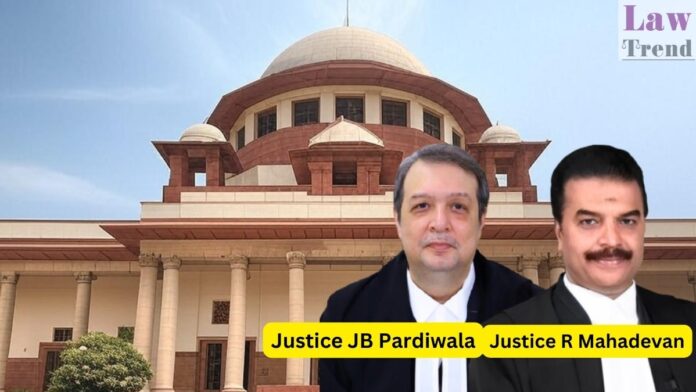In a significant ruling on the law of limitation, the Supreme Court of India has set aside a judgment of the Karnataka High Court that had condoned an extraordinary delay of 3966 days (nearly 11 years) by the Karnataka Housing Board (KHB) in filing a second appeal. The bench, comprising Justice J.B. Pardiwala and Justice
To Read More Please Subscribe to VIP Membership for Unlimited Access to All the Articles, Download Available Copies of Judgments/Order, Acess to Central/State Bare Acts, Advertisement Free Content, Access to More than 4000 Legal Drafts( Readymade Editable Formats of Suits, Petitions, Writs, Legal Notices, Divorce Petitions, 138 Notices, Bail Applications etc.) in Hindi and English.




